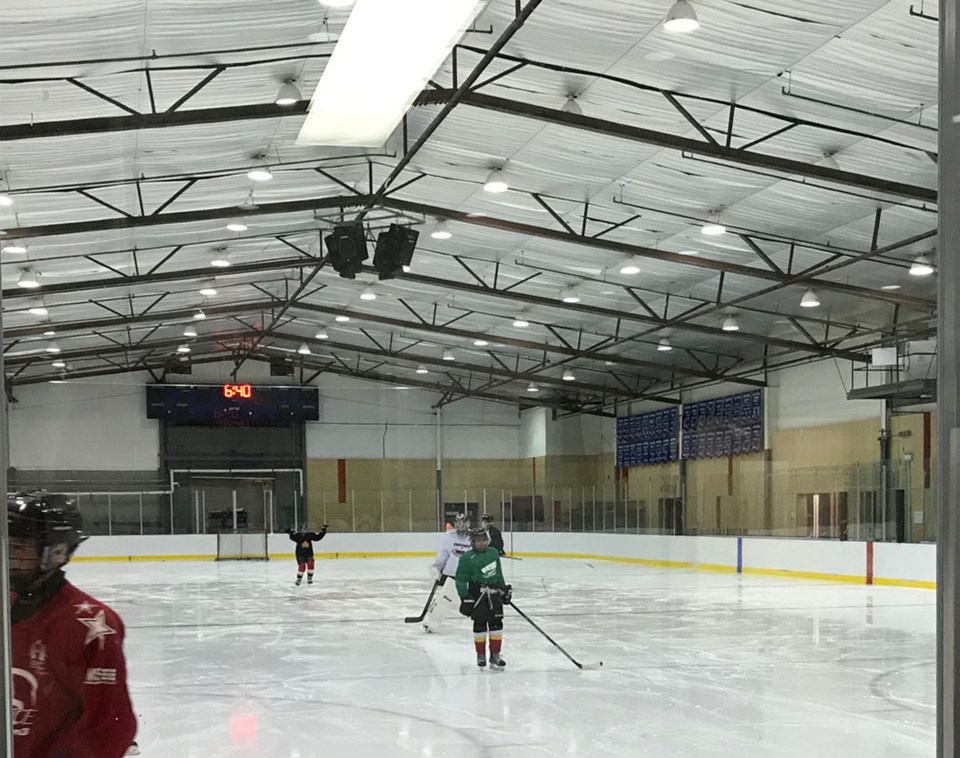The City of Delta is hoping to further reduce greenhouse gas emissions (GHG) at its most used public facilities.
Council last week agreed with a staff recommendation to apply for a $200,000 grant to the Federation of Canadian Municipalities (FCM) Community Buildings Retrofit Program to complete GHG reduction pathway feasibility studies for five Delta recreation facilities.
The FCM program is a $167 million initiative that provides grant funding to help optimize the energy performance of and reduce GHG emissions in municipally-owned buildings.
Through the program, the FCM will provide a study grant for up to 80 per cent of eligible costs, up to $65,000 for a single building and up to $200,000 for a portfolio of buildings.
A staff report also notes that many successful retrofits of Delta's buildings and measures implemented over the years within the city's fleet resulted in the achievement of a 20 per cent reduction in GHG emissions from 2007 levels.
However, more needs to be done to continue to improve energy efficiency and further reduce GHGs within Delta's facilities, the report notes.
The buildings targeted for studies include the South Delta Recreation Centre, Ladner Leisure Centre, Sungod Recreation Centre, North Delta Recreation Centre and Tilbury Arena.
“These buildings represent some of Delta's largest facilities and account for approximately 2,600 tonnes of carbon dioxide equivalent to just over 60 per cent of the emissions for all Delta owned buildings. The Winskill Aquatic Centre is also a large facility and significant source of GHG emissions. As part of the Winskill redevelopment project there will be an opportunity to identify and implement substantial measures to reduce GHG emissions from this facility so it has not been included in this proposal,” the report notes.
It is estimated the total cost will be approximately $300,000 for the studies. Additional funding of up to $100,000 can be provided through a city Climate Action Reserve fund and is allocated within the 2023 Capital Plan, according to staff.
The completion of feasibility studies is a prerequisite to submit an application to an FCM GHG reduction pathway retrofit capital projects funding stream which provides up to 25 per cent funding to a maximum of $5 million per project, with no limit on the number of projects eligible for funding.
Staff note there are also opportunities for funding through provincial CleanBC grant programs.




